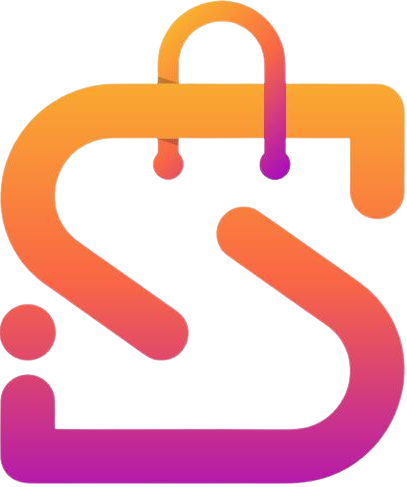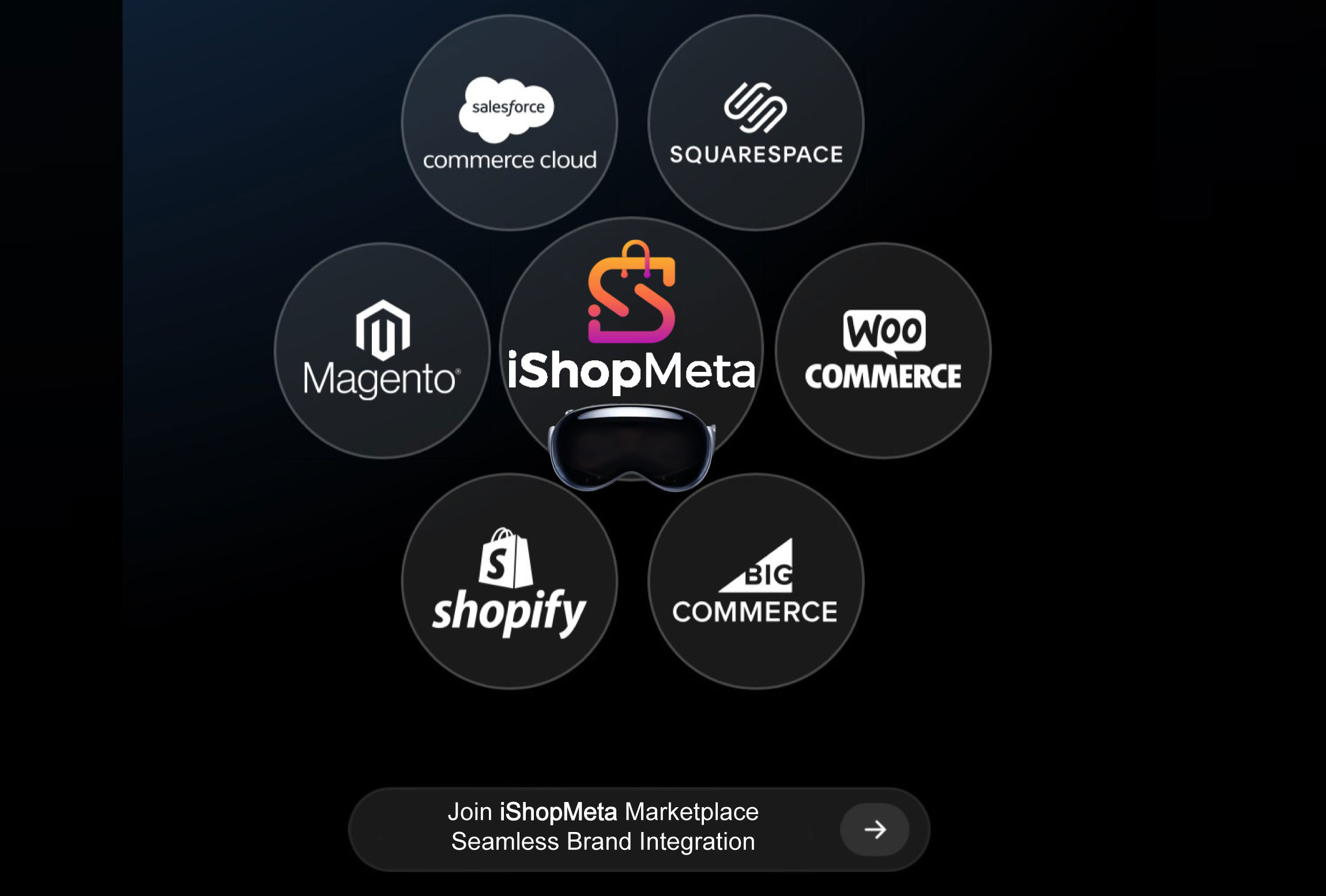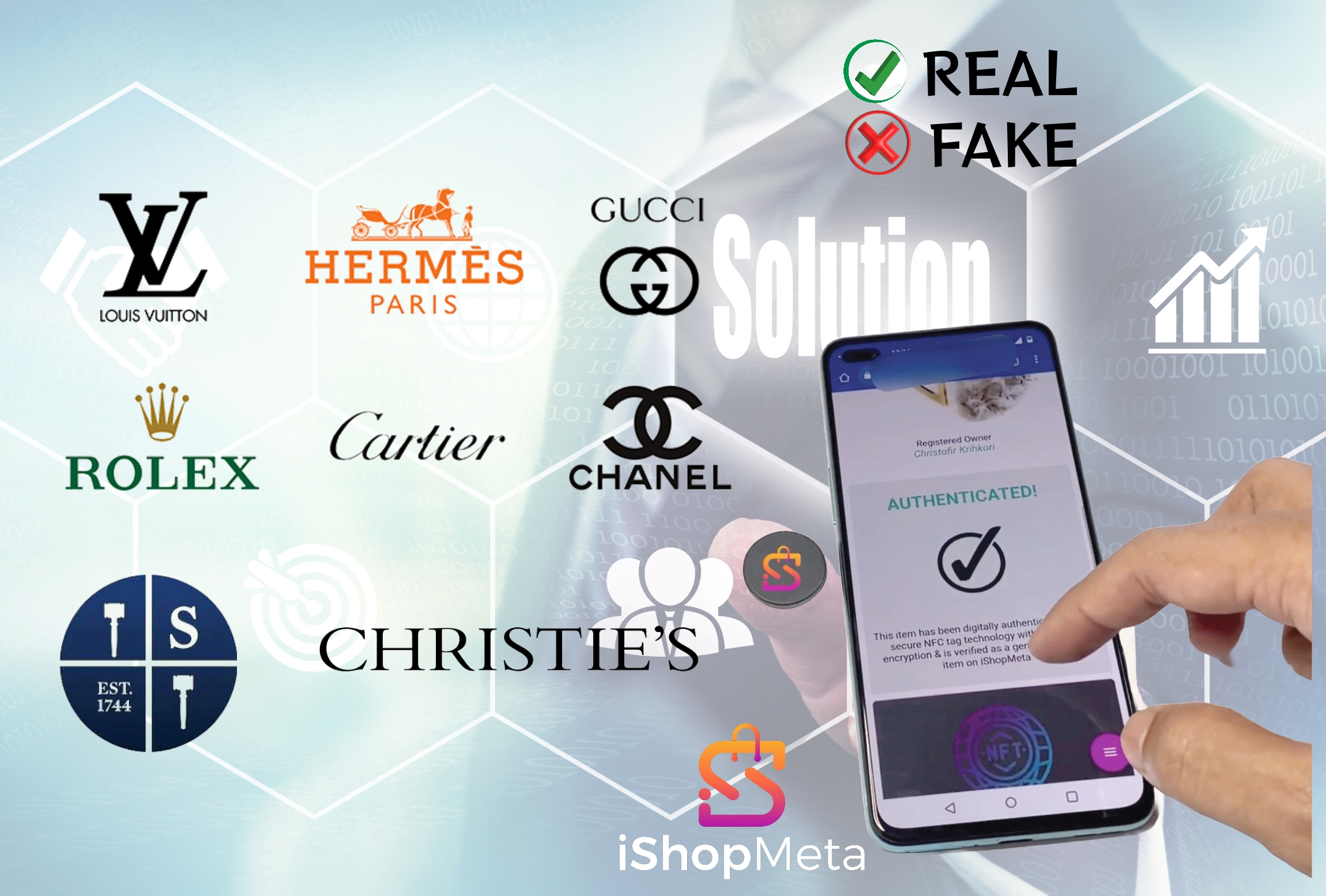In recent years, Non-Fungible Tokens (NFTs) have taken the digital world by storm, revolutionizing how we buy and sell unique digital assets. NFTs are digital assets representing ownership of a specific item, such as artwork, music, or tweets, and are stored on a blockchain. This distributed public ledger documents all transactions. As the popularity of NFTs grows, so does the demand for NFT marketplace, which allows users to purchase and sell these digital assets. In this topic, we will learn the impact of NFT markets and the significance of these platforms in buying and selling digital assets. Whether you are an artist trying to sell your work or an individual looking to purchase unique digital assets, NFT marketplaces provide an effective and secure means to transact in NFTs.
Overview of the NFT Marketplaces
NFT marketplaces are digital platforms where users buy, sell, and trade non-fungible tokens (NFTs). NFTs are unique digital assets representing ownership of a specific item, such as artwork, music, or collectibles. There are dozens of NFT marketplaces available, each with its system for how it operates. Some marketplaces specialize in a certain type of NFT, while others offer a broader range of NFTs. The types of NFTs offered, fees, payment choices, allowed blockchains, and other rules will differ depending on which marketplace you utilize. When you make an account with an NFT marketplace, you can browse all available alternatives for sale, add a payment method, and some ask you to link a crypto wallet to pay using cryptocurrency. The NFT marketplace will normally handle the transfer of an NFT from one party to the other for a price.
How to Create an NFT Marketplace
Creating an NFT marketplace can be a complex process, but following these steps can help simplify the process:
Choose a blockchain architecture
The first step is choosing a blockchain architecture to support your NFT marketplace. Ethereum is the most prominent blockchain for NFTs, but other options like Binance Smart Chain and Flow are also available.
Decide between an open or closed market
Next, decide whether you want to create an open or closed market. An open market allows anyone to buy and sell NFTs, while a closed market requires users to be approved before they can participate.
Define your features
Once you have decided on the architecture and market type, define the features you want to include in your NFT marketplace. Some common features include bidding, auctions, and fixed-price sales.
Develop smart contracts
Smart contracts are the backbone of any NFT marketplace. They define the rules and logic of the marketplace, including how NFTs are created, bought, and sold.
Integrate digital wallets
Your marketplace must incorporate digital wallets to let shoppers buy and trade NFTs. Users can store and manage their cryptocurrencies and NFTs using these wallets.
Although developing an NFT marketplace can be challenging, it is doable with the appropriate procedures. Here are some key features and types of NFT marketplaces to consider:
Features of an NFT Marketplace
- Blockchain-based ecosystem design
- Smart contract development
- Digital wallet integration
- User-friendly UI/UX design
- Secure data storage
Types of NFT Marketplaces
- Open Marketplace: Anyone can buy and sell NFTs without any restrictions.
- Curated Marketplace: Experts select and curate NFTs to ensure quality and authenticity.
- Hybrid Marketplace: A combination of open and curated marketplaces, where some NFTs are curated while others are open for anyone to buy and sell.
To create an NFT marketplace, conduct an in-depth study, build a feature checklist, incorporate digital wallets, and work on UI/UX designs. Additionally, you need to develop smart contracts and ensure secure data storage. By pursuing these steps, you can develop a successful NFT marketplace that fulfills the needs of both buyers and sellers.
NFT Marketplace Business Model Explanation
The NFT marketplace business model has become increasingly popular in recent years. NFTs are unique digital coins representing ownership of a specific digital commodity, such as art, music, or collectibles. This section will explore the NFT marketplace business model and how it works.
How Does the NFT Marketplace Business Model Work?
To understand the NFT marketplace business model, we can classify it into four segments: Digital Collectibles, Strapping/Provenance, Gaming, and Real Estate. The NFT marketplace is where vendors offer their NFTs in exchange for cryptocurrency. The marketplace owner demands a fee from the NFT transaction.
Making the Right Decision for Your NFT Marketplace
You must understand the business model and how it functions if you are thinking about launching an NFT marketplace. The kind of NFTs you wish to sell, your target market, and the fees you will charge should all be considered. Additionally, you should investigate your rivals and determine how to stand out in your industry. By making wise judgments, you may build a prosperous NFT marketplace that serves your consumers’ demands and brings in money.
Wrapping Up!
NFT marketplaces have become a popular platform for buying and selling digital assets. With so many options available, it can be overwhelming to choose the right one. However, exploring the leading NFT marketplaces can help you find the perfect platform to suit your needs. Find the platform that best satisfies your needs by researching several options. Be a part of the NFT world, and don’t pass up the chance to own unique digital assets. Check out iShopMeta’s leading NFT marketplace today!
FAQs
What is an NFT marketplace?
An NFT marketplace is an online space that connects buyers and sellers of unique digital assets, such as art, music, and other digital collectibles.
Why are NFT marketplaces important?
NFT marketplaces provide a secure, transparent platform for buying and selling digital assets. They allow artists to retain ownership and control over their work, while also providing a way for collectors to invest in unique and valuable digital assets.





